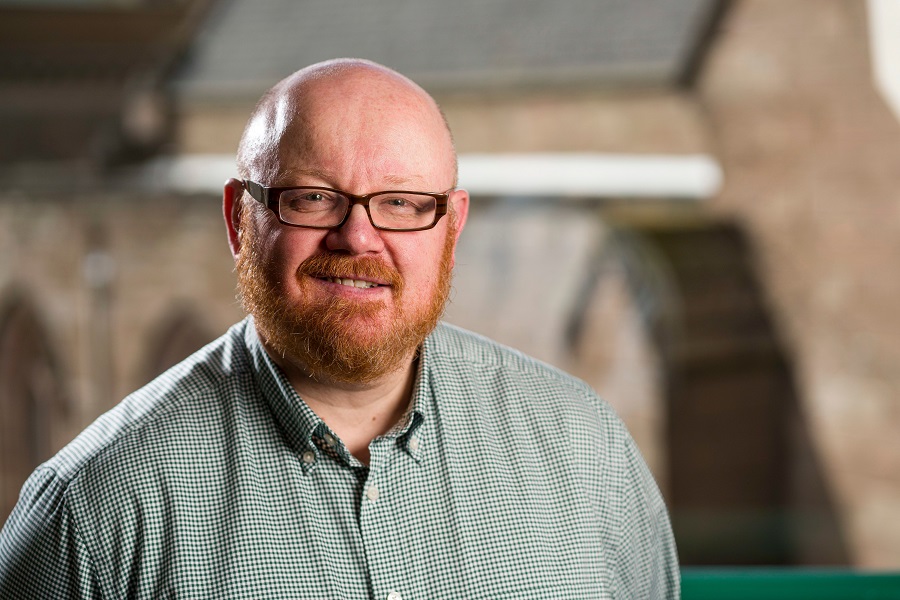Barry Johnstone: It’s time for more flex as agile working takes centre stage

Barry Johnstone
Barry Johnstone explores the new approach to agile working being adopted post-Covid at Caledonia Housing Association including a move from large offices to smaller destination sites.
I was interested to read recently that even City workers in London, are not rushing back to the square mile and old ways of working. Instead, the research commissioned by specialist City recruitment firm, The Return Hub, reveals they want more flexibility post-pandemic, with 50% claiming to only apply for a role that offers ‘flex’.
Caledonia Housing Association is supporting the need for new ways of working through its ‘Agile for Everyone’ model. This is about delivering our ambitious business priorities through a high performing and agile workforce. We want working and thriving to mean the same thing. “Agile for Everyone” is about creating the working environment to provide homes and services that can make life better.
We have spent significant time speaking and listening to staff about the future workplace. How we could enhance the employee experience to deliver better results for our customers. We did this in a number of ways: a series of workshops, question and answer sessions with the CEO, staff surveys and supporting managers to have discussions at team meetings. As well as ask and listen to our customers about their future service needs.
The result is our “Agile for Everyone” model that recognises this new style of working is not a one-off event. Our model is based on principles not prescription. How we enhance the customer experience through strengthening engagement and enabling people to do their best work. The diversity of what we do means there is a “no one size fits all” approach. Meanwhile we can’t cater for every eventuality. Each team across the business has an individual agile charter that reflects how their team will meet the needs of staff, customers and our wider business requirements.
We identified three work styles at Caledonia, we categorised as fixed, mobile and hybrid. The fixed and mobile categories make up 30% of the workforce and their role is non-office based, typically providing important frontline services to our customers at a fixed location or across sites such as workers in sheltered homes for the elderly.
Although many of our critical front-line staff can’t work from home. We can listen to their needs and increase flexibility. This may include shift reviews, flexibility over their working hours and how leave is administered. As long as the tasks and services are delivered to the expected high quality, and we are providing a high performing services to customers, it will be adopted as part of the team charter by a manager.
The vast majority of workers, 70%, fall into the hybrid group and this includes the executive team and managers, officers, customer solution and office support staff. They can work flexibly from a range of sites including home, office working, a touchdown space or on a mobile basis to be close to customers and our communities.
As part of our new agile working model we are re-examining our office accommodation and moving from large offices to smaller destination sites that are intentionally designed to enable staff to connect, communicate and collaborate. The office is still an important part of our future, human connections matter. Our main office sites will be supported by touchdown spaces in the heart of the communities in which we operate.
Our ‘Agile for Everyone’ model is unique and specific to our needs. It has been designed in consultation with staff and customers, balancing business needs with staff flexibility to drive business growth and continuous improvement. We are confident it will provide the flex to attract and retain talent, boost productivity and help us meet the changing and diverse needs of our customers.
- Barry Johnstone is the director of people for Caledonia Housing Association








